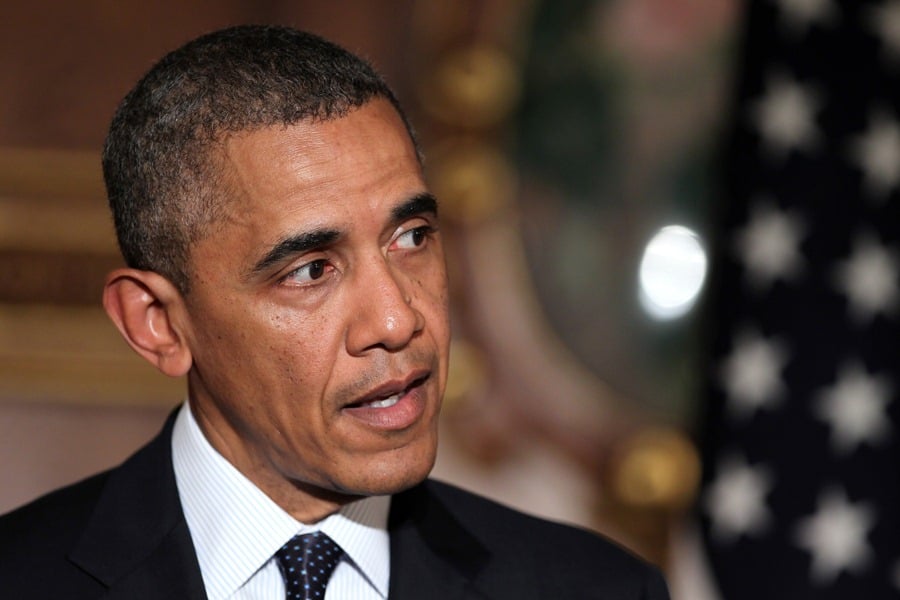President Barack Obama wants to double the SEC's funding over the next five years to protect investors by helping the agency better regulate investment advisers, the White House said Tuesday.
In the president's fiscal 2017 budget proposal, the Securities and Exchange Commission would receive a “down payment” on the larger goal with an 11% increase to its budget, which would reach $1.8 billion.
“Without adequate staffing, the Securities and Exchange Commission is not able to examine investment advisers as frequently as it should, introducing significant risk to investors and the economy,”
the budget stated.
Having the White House mention adviser exams elevates the issue, said Eugene Goldman, a partner at McDermott Will & Emery and a former SEC prosecutor.
“That was significant,” he said. “They basically targeted an area they believe is in need of increased work.”
The SEC funding hike is part of the $4.1 trillion budget Mr. Obama sent to Congress on Tuesday. It also calls for a 32% funding boost for the Commodity Futures Trading Commission, to $330 million.
The budget would allow the SEC to increase the trading transactions fees that currently fund its operations, saying they “would particularly fall on high-frequency trading.”
The budget states support for legislation that would allow the CFTC to charge user fees to fund agency activities. It doesn't indicate similar support for SEC user fees, a legislative initiative in previous Congresses that drew much investment adviser support.
The White House budget request comes as the SEC is
contemplating a shift of existing resources from broker examinations to investment adviser examinations in an effort to increase adviser coverage. The SEC currently examines about 10% of the approximately 11,500 registered investment advisers annually. Under the plan, the SEC would boost its adviser-exam staff by 100.
In its
budget request, the SEC said that the 11% funding increase would enable it hire 127 examiners, 102 of whom would conduct adviser exams. With the additional personnel, the adviser examination rate is projected to be 12% annually by fiscal 2017. Both the 127 new hires and the expansion of coverage are separate from the transfer of resources to adviser exams, which would increase both numbers.
The SEC and the Financial Industry Regulatory Authority Inc., the industry-funded broker regulator, examine about 50% of the approximately 4,000 brokerages registered with Finra annually. That means they are assessed about once every two years, compared to the once every decade advisers are examined.
The SEC doesn't have a specific adviser examination rate in mind, but if it could step up the pace to every two or three years, it would be “closer to the right answer,” said a person familiar with the agency's thinking who asked not to be identified.
Congressional Republicans typically agree to give the SEC only a fraction of the administration's budget request. But lawmakers have provided funding increases of approximately $100 million annually over the last three years, giving the SEC more support than many other federal agencies.
TAX HIKE
In addition to funding government operations and creating a number of new initiatives for job training and retirement security, Mr. Obama's budget proposes more than $3 trillion in tax increases.
Those hikes include raising capital gains taxes from 23.8% to 28% at its highest level, limiting the value of itemized deductions to 28%, eliminating so-called “carried interest” for private fund managers, imposing the “Buffett Rule” to ensure the wealthy pay at least a 30% tax rate and imposing a tax on highly leveraged financial institutions.
Many of the tax increases have been recycled from previous budgets. The current budget projects a deficit of $793 billion in 2026.
Republicans are calling the document dead on arrival on Capitol Hill. The Senate Budget Committee is not planning to hold a hearing on Mr. Obama's proposal.
“The president's final budget is clearly about promoting his liberal legacy instead of securing America's financial future,” House Ways and Means Committee Chairman Kevin Brady, R-Texas, said in a statement. “While a $3.4 trillion tax increase and $2.5 trillion in new spending over the next decade might please very liberal voters, they will only make life more expensive for the vast majority of Americans.”







